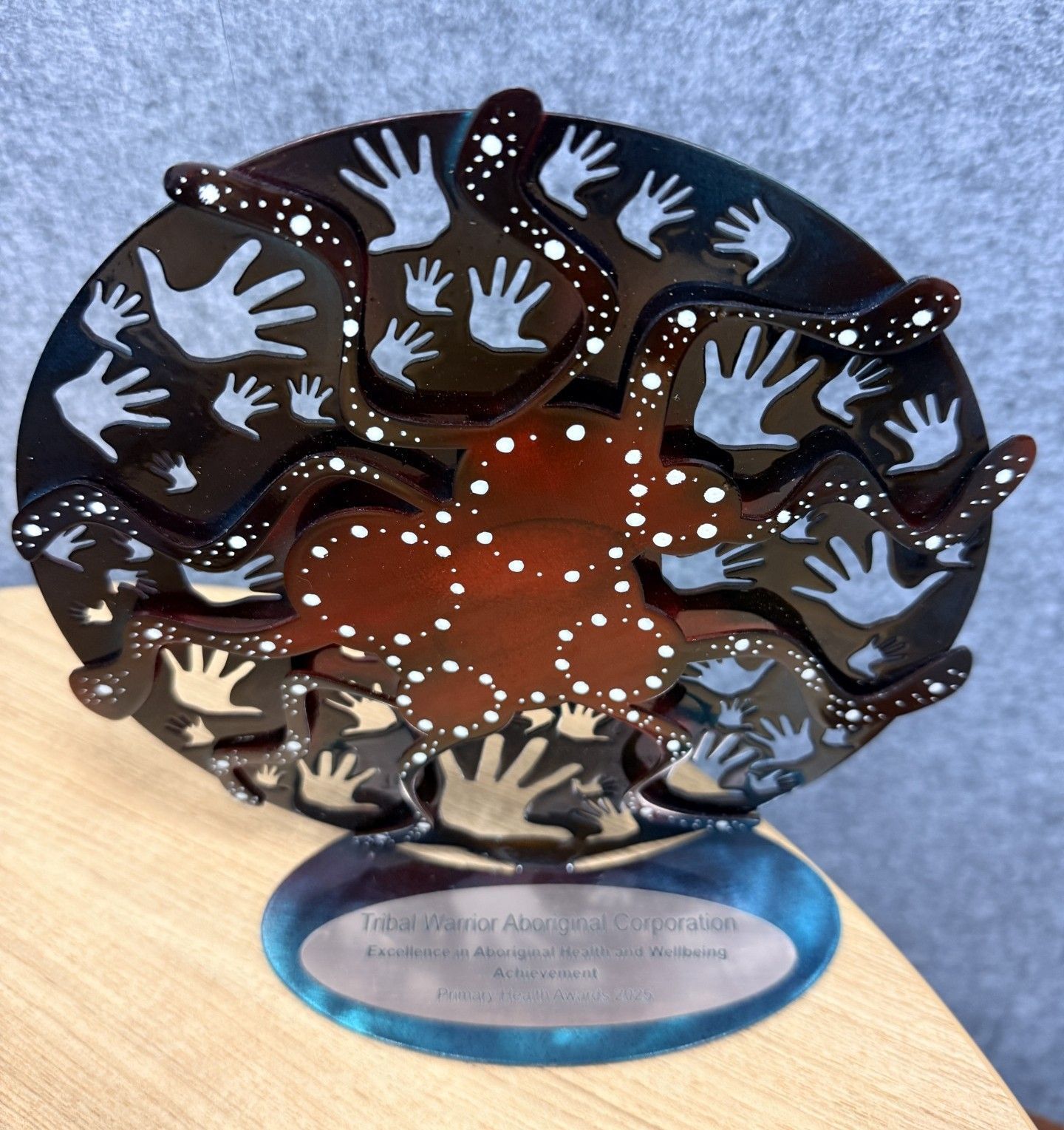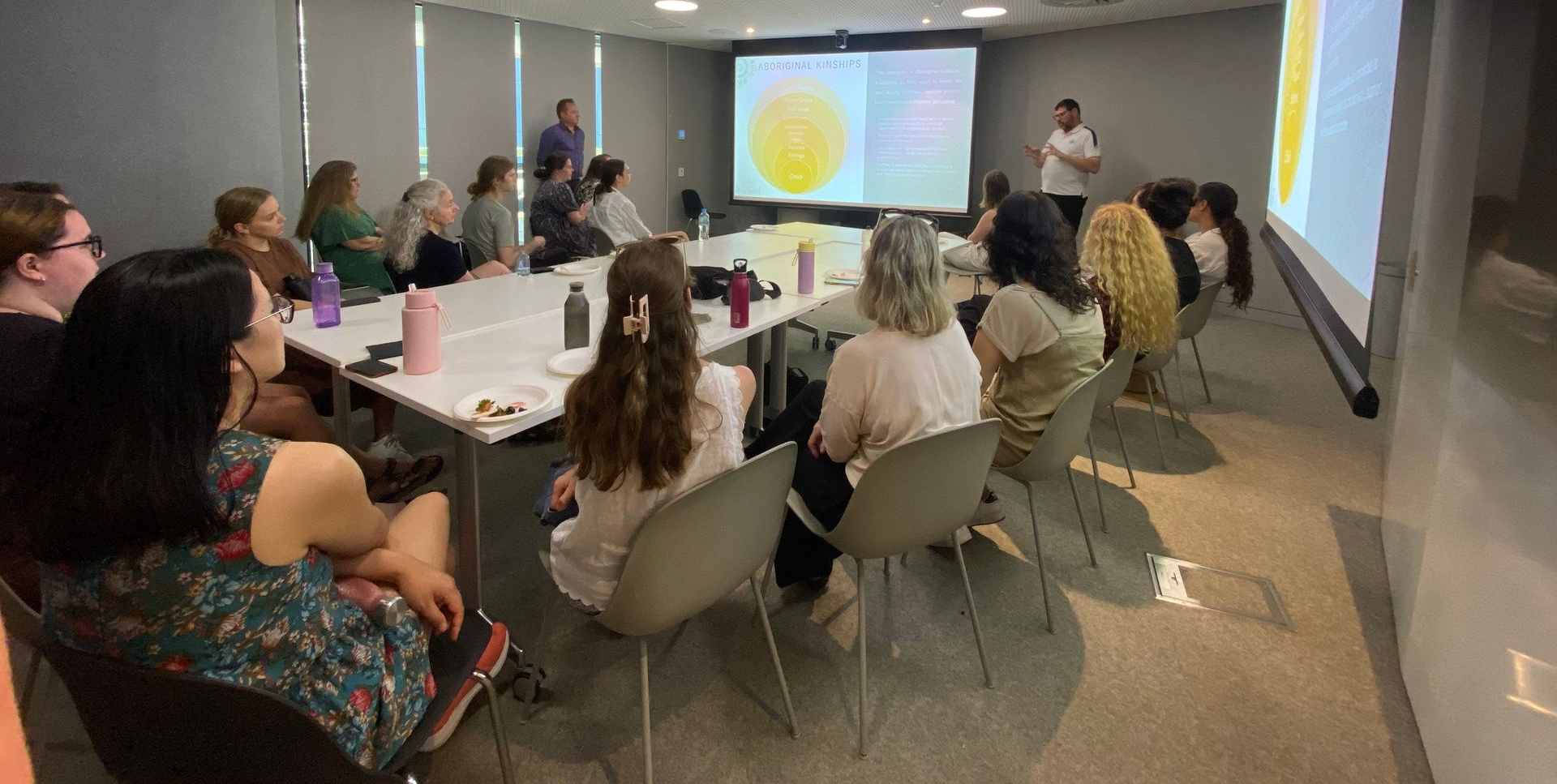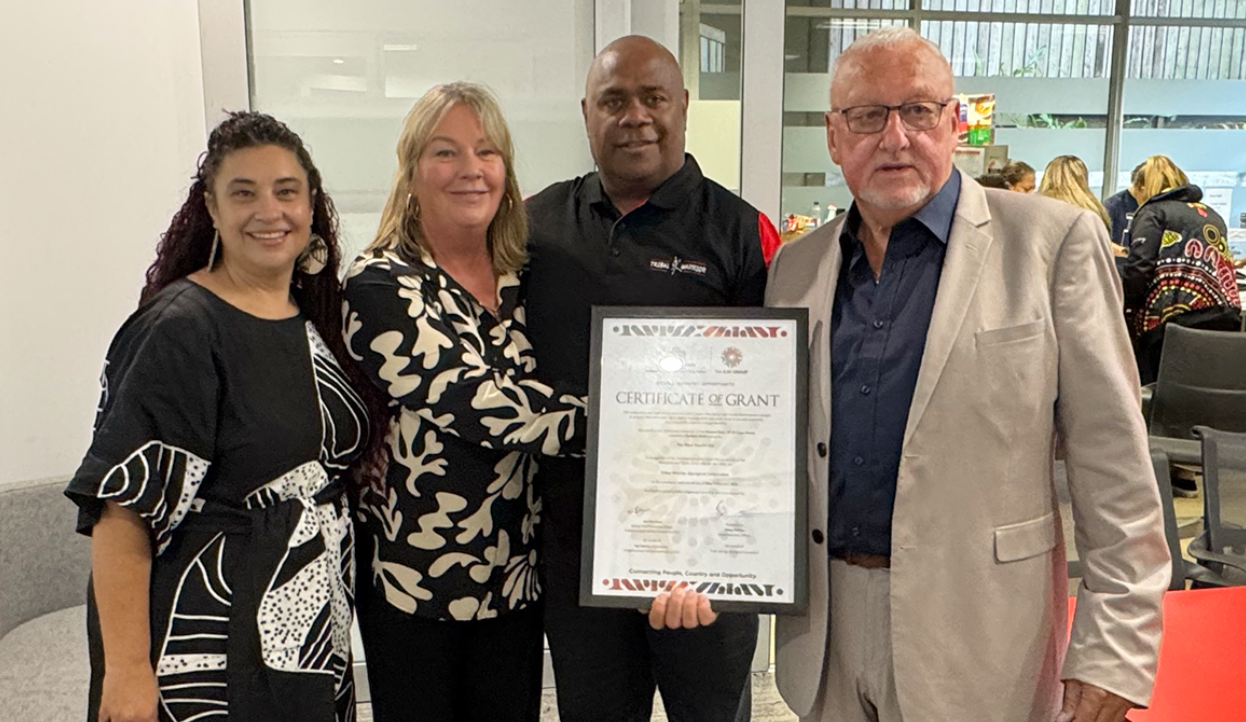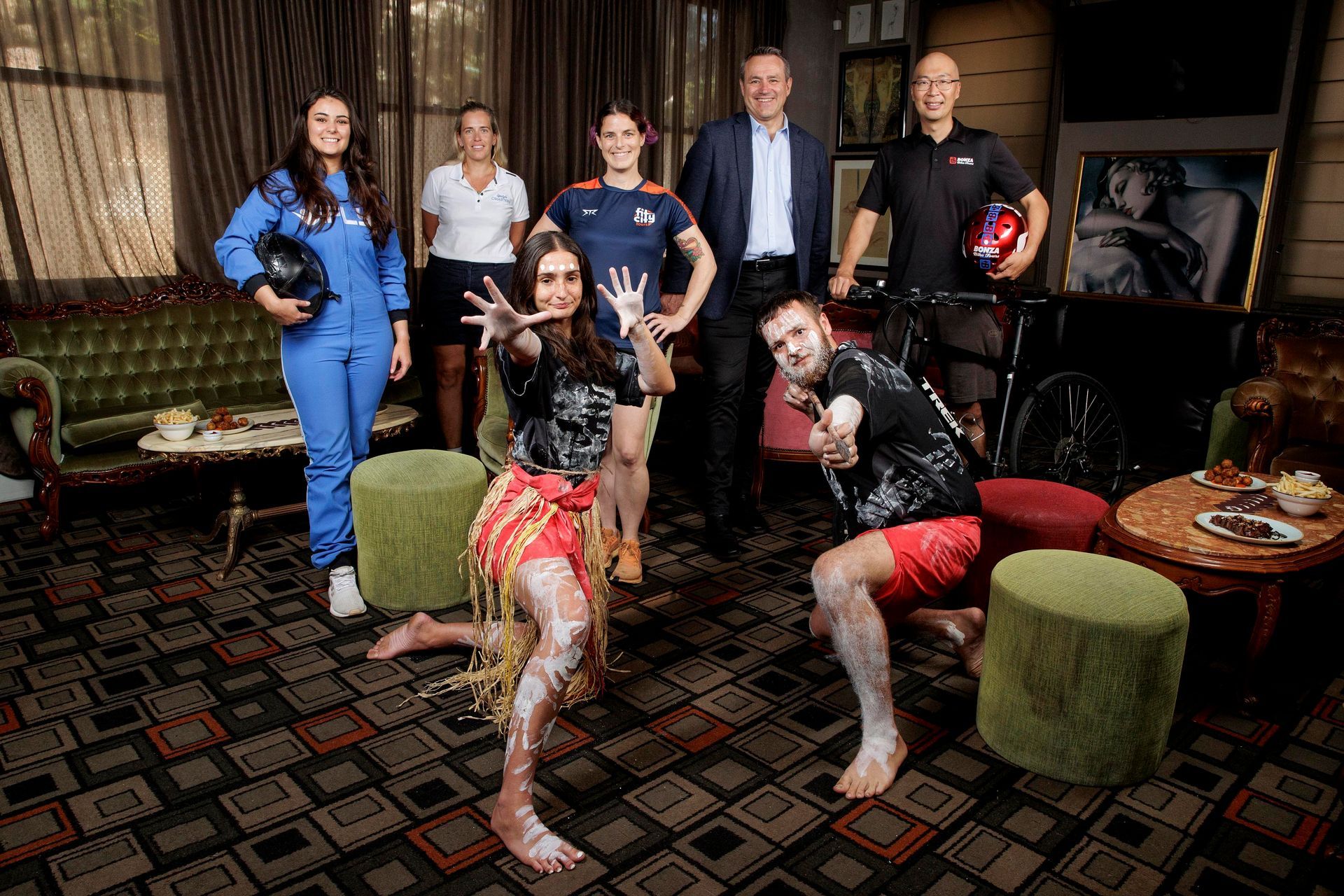Partnerships Built on Respect, Value & Shared Expertise
Consultancy & Partnerships Charter
At Tribal Warrior, our consultancy and partnerships charter is built on one clear purpose — to create lasting social and cultural impact through genuine collaboration.
We work alongside corporate partners, government agencies, and community organisations to co-design strategies that embed First Nations cultural intelligence, social responsibility, and inclusive leadership into everyday practice.
Our approach centres on Cultural Integrity, Community Empowerment, and Sustainable Outcomes — ensuring that every engagement delivers measurable value for both business and community.
Read below to understand how we build respectful partnerships grounded in trust, reciprocity, and shared responsibility — and what we expect from those who walk with us.
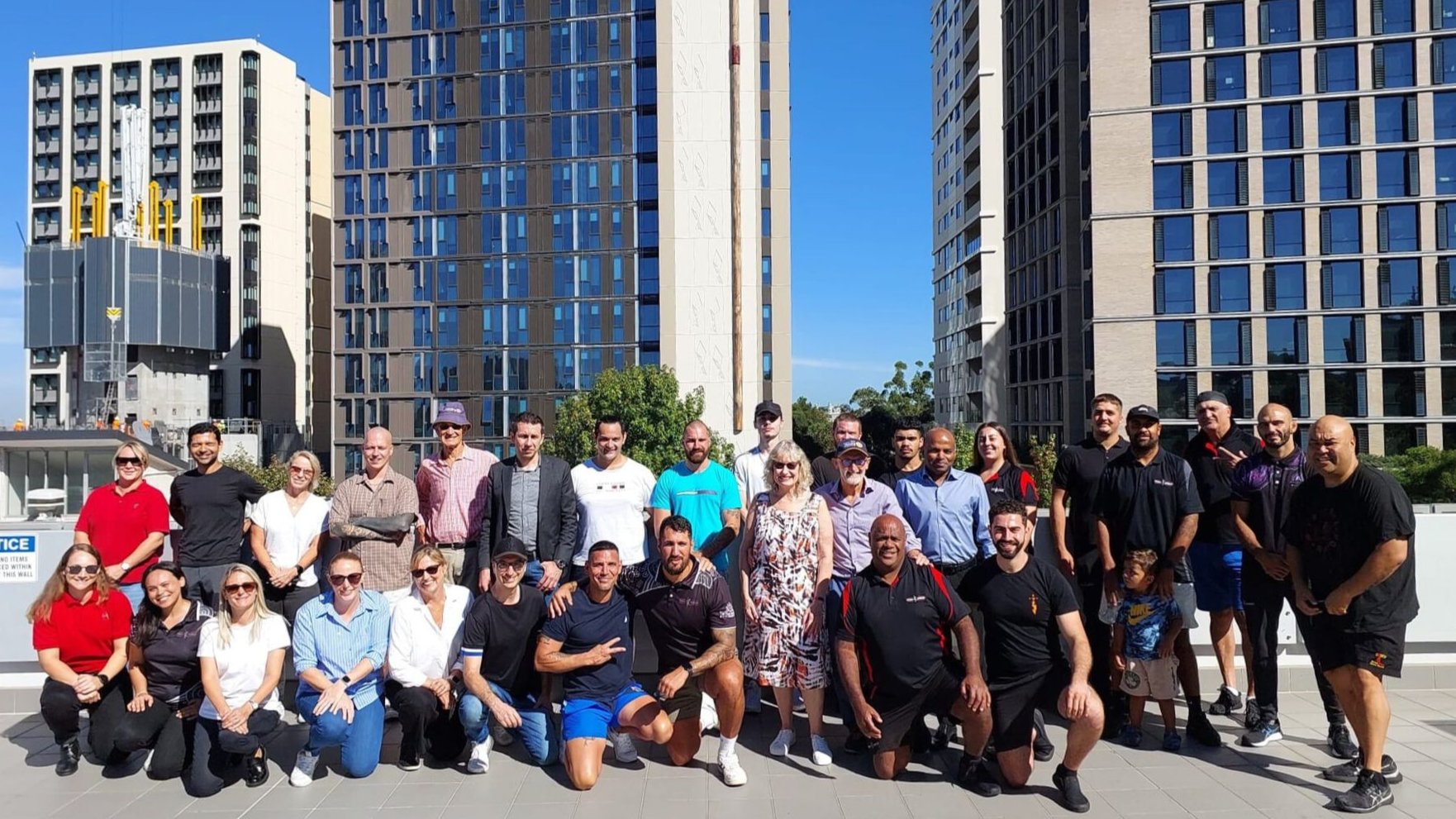
Purpose
This Charter guides how Tribal Warrior engages with corporate, government, and community partners.
It ensures that all consultancy, training, and partnership activity upholds the principles of Aboriginal self-determination, cultural integrity, fiscal respect, and community benefit.
Our work is grounded in Truth-telling, cultural connection, and strengths-based leadership — creating pathways for learning, employment, and reconciliation that are led by Aboriginal voices and guided by community.
1. Guiding Principles
1.1 Respect for Culture and Community
We recognise Elders, cultural leaders, and community members as central to our work.
All engagements must:
- Uphold Aboriginal Cultural and Intellectual Property rights
- Respect cultural protocols, ceremonies, and community processes
- Reflect community priorities, not external agendas
1.2 Self-Determination
Partnerships must support the capacity of Aboriginal communities to lead their own solutions.
We collaborate, but do not compromise cultural authority or decision-making.
1.3 Shared Benefit
All partnerships must produce tangible outcomes for community — such as employment, training, wellbeing, or cultural revitalisation — not just reputational gain for others.
2. Scope of Consultancy and Partnerships
We deliver programs, training, mentoring, and advisory services across:
- Cultural education and awareness
- Leadership and mentoring programs
- Employment and pathways initiatives
- Community events, cultural experiences, and workshops
- Co-design and RAP consulting for corporate partners
All services are delivered in line with Tribal Warrior’s Mission, Vision and Values of empowerment, respect for Country, and excellence in client focus.
3. Governance and Cultural Oversight
- All engagements are guided by community input and approved by organisational leadership.
- Elders, cultural advisors, and community mentors provide cultural guidance as appropriate, with respect for their time and knowledge.
- Our facilitators and emerging leaders are supported through culturally safe practice, supervision, and debriefing.
4. Partnership Conduct Expectations
We ask all partners to:
- Engage respectfully, listening with openness and cultural humility.
- Value Aboriginal expertise as equal to technical or academic knowledge.
- Acknowledge cultural authority and take guidance on appropriate protocols.
- Act ethically, delivering on commitments, and providing feedback transparently.
- Recognise cultural timeframes — building flexibility into projects where community needs or ceremonies may arise.
5. Fiscal Integrity and Payment Standards
Respect for fiscal commitments is respect for culture.
As a community-led social enterprise, our financial systems are designed to safeguard both cultural and organisational integrity.
5.1 Deposits and Payment Terms
- A non-refundable 30% deposit is required to confirm all agreements.
- The balance is payable according to the agreed payment schedule (typically 14–30 days from invoice).
- Deposits may be transferred to the same project only within the same financial year; they are not refundable or transferrable to another program or year.
5.2 Financial Year Policy
Funds received must be expended and acquitted within the same financial year they are paid.
This ensures compliance, transparency, and accurate reporting for all parties.
5.3 Scope and Variation
Any changes to the agreed scope, deliverables, or dates must be requested in writing.
Additional costs or delays resulting from scope changes will be quoted and invoiced separately.
5.4 Indigenous Cultural and Intellectual Property (ICIP)
All cultural content, materials, and recordings remain the property of Tribal Warrior and the communities or individuals represented. Re-use, adaptation, or reproduction requires written consent and may attract a separate licensing or usage fee.
5.5 Fiscal Respect
Partnerships rely on mutual respect and timely financial commitment.
Late or withheld payments undermine community outcomes and may result in suspension of services.
Partners acknowledge that fair and timely payment is a matter of respect for First Nations expertise and self-determination.
6. Transparency and Accountability
We are a social enterprise and registered charity, operating with integrity, consistency, and accountability:
- All funds received are reinvested into community-led training, mentoring, and cultural initiatives.
- Regular financial and impact reporting is available to major partners and funders.
- We actively seek feedback from participants, partners, and community to improve continuously.
7. Community Impact and Value
We deliver value by:
- Empowering people through culture, wellbeing, employment opportunity, and education.
- Building strong relationships between Aboriginal and non-Aboriginal people.
- Providing tangible, measurable outcomes in skills, confidence, and cultural connection.
- Ensuring all work contributes to healing, belonging, and sustainable community leadership.
8. Mutual Commitment
This Charter forms the foundation of ethical and effective partnership.
By engaging with Tribal Warrior, partners commit to:
- Upholding cultural safety and fiscal responsibility
- Respecting Aboriginal-led decision-making
- Valuing lived experience and Truth-telling as essential components of leadership and reconciliation

